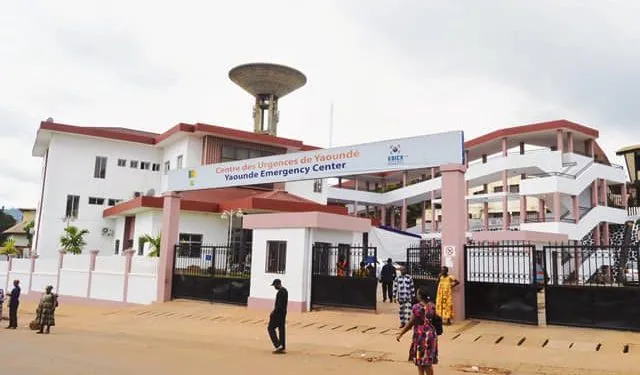Reports say the Yaoundé Emergency Center loses at least 100 billion francs yearly to patients who are unable to pay medical bills.
Many of the hospital’s patients, reports say, usually leave without paying bills because they can’t afford the money.
This has had a negative toll on the hospital.
MMI has learned the emergency unit lacks sufficient technical staff to attend to patients, and this causes delays in administering treatment and lengthens patients’ stay at the hospital.
A lengthy stay also means higher bills to pay.
Under normal circumstances, patients are supposed to spend a maximum of three days at this emergency hospital, after which they transferred to a regular hospital to continue treatment, MMI has learned.
But many times, they stay at the hospital longer than expected.
This has negatively affected the hospital’s performance, as well as material and financial resources.
Moreover, keeping a patient longer than necessary at this strategic hospital slims the chances for other patients to be received there, even when the need arises.
The emergency hospital’s accommodation capacity is limited to 100 beds, although only 50 beds have been installed.
With this limited number of admissions, the hospital finds it difficult to recover its monthly expenditures.
Created in 2004, the Yaoundé Emergency Center became operational in 2015. For almost nine years now, the health facility has saved hundreds of people from death.
The hospital is not, however, the only hospital facing problems with patients who are unable to pay medical bills.
Some hospitals in Cameroon even go as far as barring patients who are unable to pay medical bills from leaving the hospital after treatment, untill the bills are paid.
By Amina Hilda



